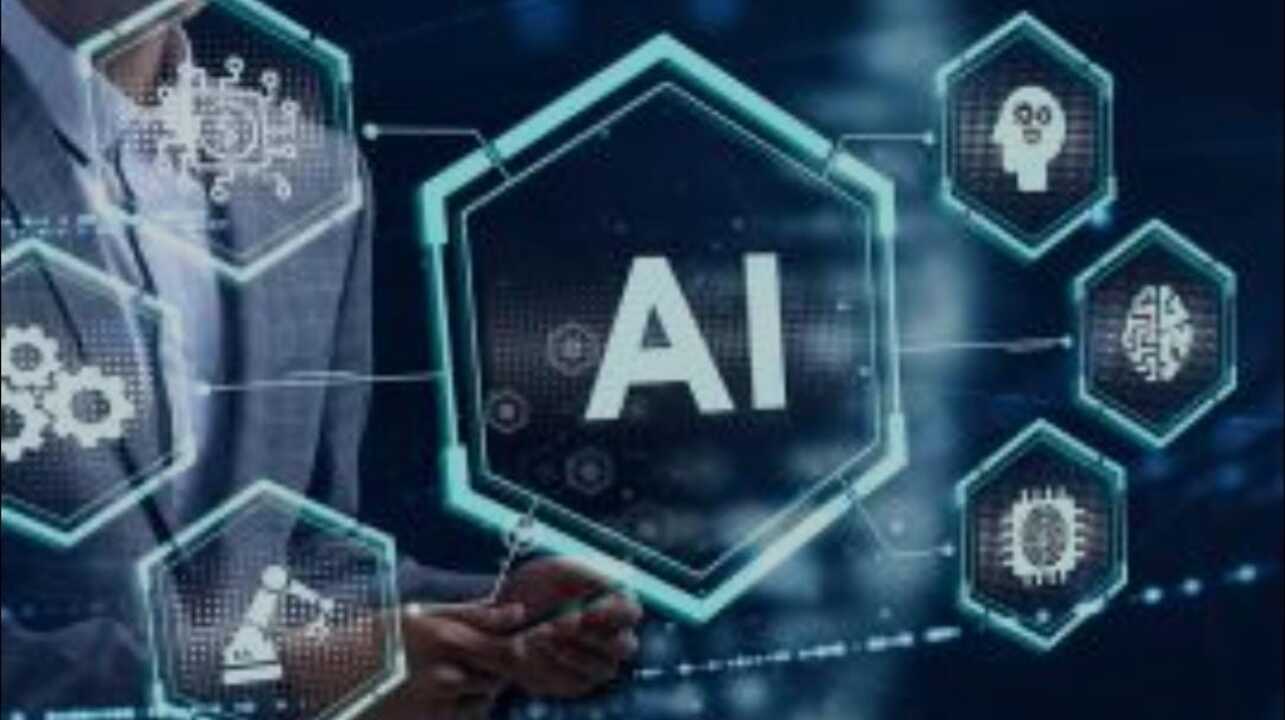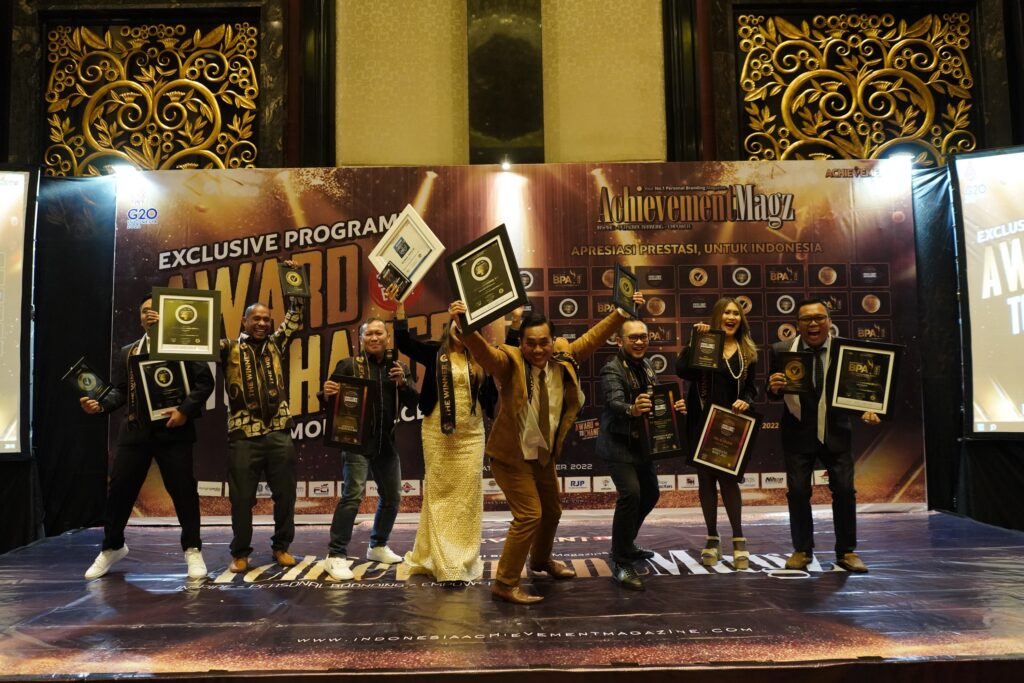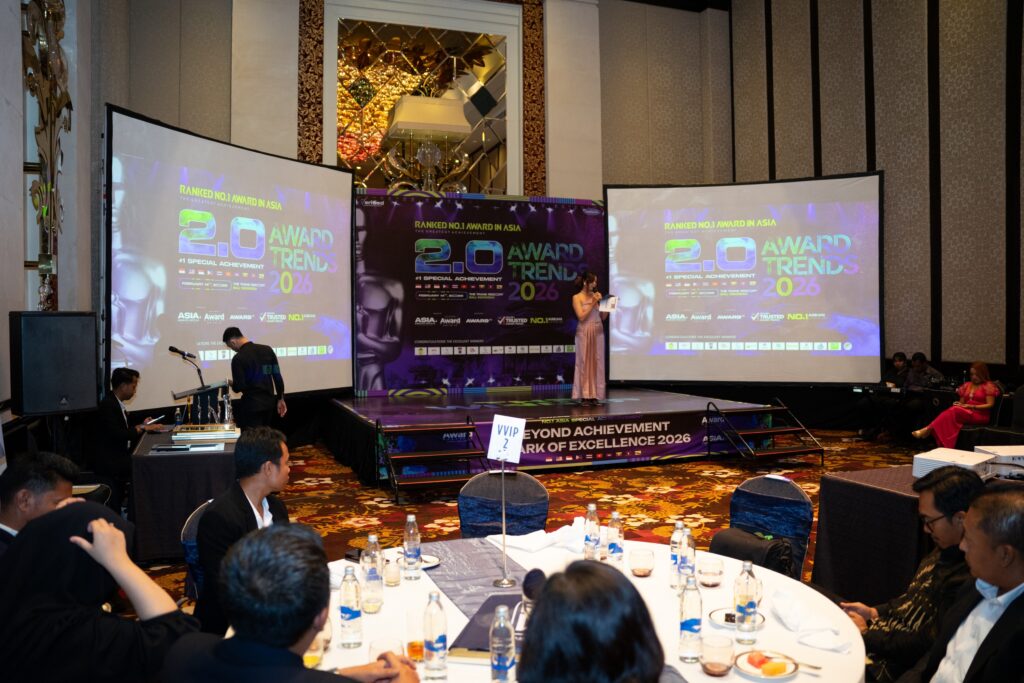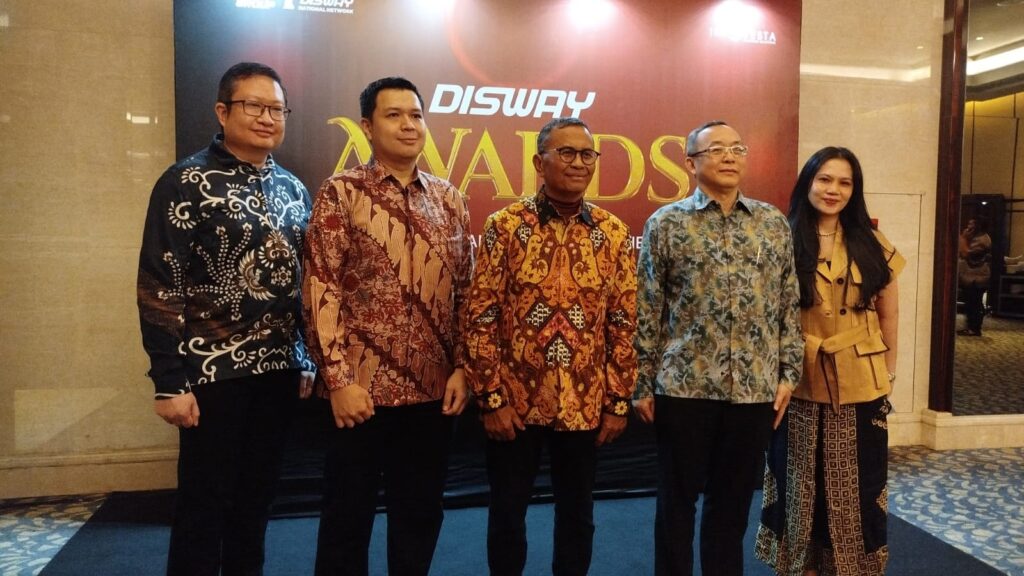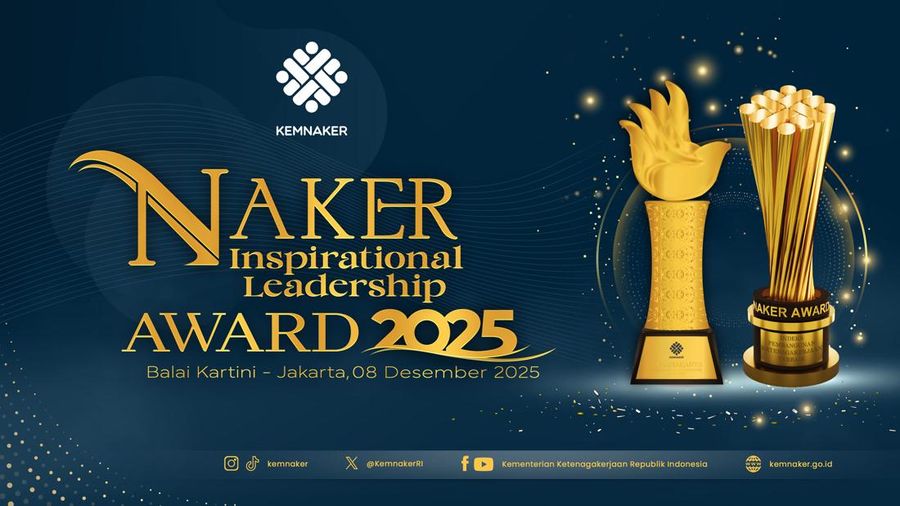Artificial Intelligence is accelerating at a pace that now poses an existential threat to the traditional structure of higher education. Globally, key university majors—once deemed essential for future careers—are now under scrutiny as AI systems outperform entry-level professionals in speed, efficiency, and precision.
From legal research to graphic design, AI’s growing capacity to generate, analyze, and even create content is reshaping the labor market faster than educational institutions can respond. A new report warns students to be adaptive, not idealistic, about their academic choices.
Here are 7 of the 11 college majors now facing significant risk of AI-driven redundancy:
1. Basic-Level Computer Science (Informatics)
Ironically, the very field that once trained programmers is now being encroached upon by AI itself. Tools like GitHub Copilot can now write, correct, and optimize code autonomously. Graduates without advanced specialization risk being replaced by machine-generated solutions.
2. Traditional Journalism
AI can instantly generate standard news reports—earnings summaries, sports scores, weather forecasts—with speed and factual consistency. Human reporters focused solely on informative, low-analysis content face growing irrelevance.
3. Basic Graphic Design
AI models like DALL·E, Midjourney, and Canva AI now produce polished visual content in seconds. Designers lacking niche expertise or creative distinction are increasingly being bypassed by automated tools.
4. Entry-Level Data Science and Statistics
While data literacy remains vital, entry-level graduates who rely only on predefined tools for data analysis are vulnerable. AI now interprets data, generates charts, and even writes executive summaries.
5. Library and Information Science
The role of the librarian has been deeply impacted. AI systems can now catalogue data, recommend literature, and answer complex queries instantly—functions once carried out by human experts.
6. Conventional Marketing
AI-powered marketing platforms automate everything from ad targeting to customer behavior analytics and campaign execution. Traditional marketing graduates must now compete with systems that work in real-time and scale globally.
7. Language and Literature (Translation Focus)
Automated translation tools like Google Translate, DeepL, and OpenAI’s multilingual models have dramatically improved. For standard texts, machine translation is not just faster—it’s often free. The demand for human translators is now largely limited to legal, literary, or nuanced diplomatic contexts.
A Crisis in Higher Education
The implications are geopolitical and generational. As emerging economies ramp up investment in AI, nations that continue to produce graduates with obsolete skills may face not only economic stagnation but also growing youth unemployment and social unrest.
Moreover, institutions unwilling to revise their curricula are risking long-term intellectual obsolescence. The disconnect between what universities teach and what industries need is widening fast.
The message is clear: education systems worldwide must pivot toward adaptive learning, ethical technology integration, interdisciplinary training, and skills that AI cannot easily replicate—such as strategic thinking, emotional intelligence, and cross-cultural negotiation.
This is not just a challenge for students, but a test for governments, academic leaders, and global industries: Who will evolve, and who will be left behind?

